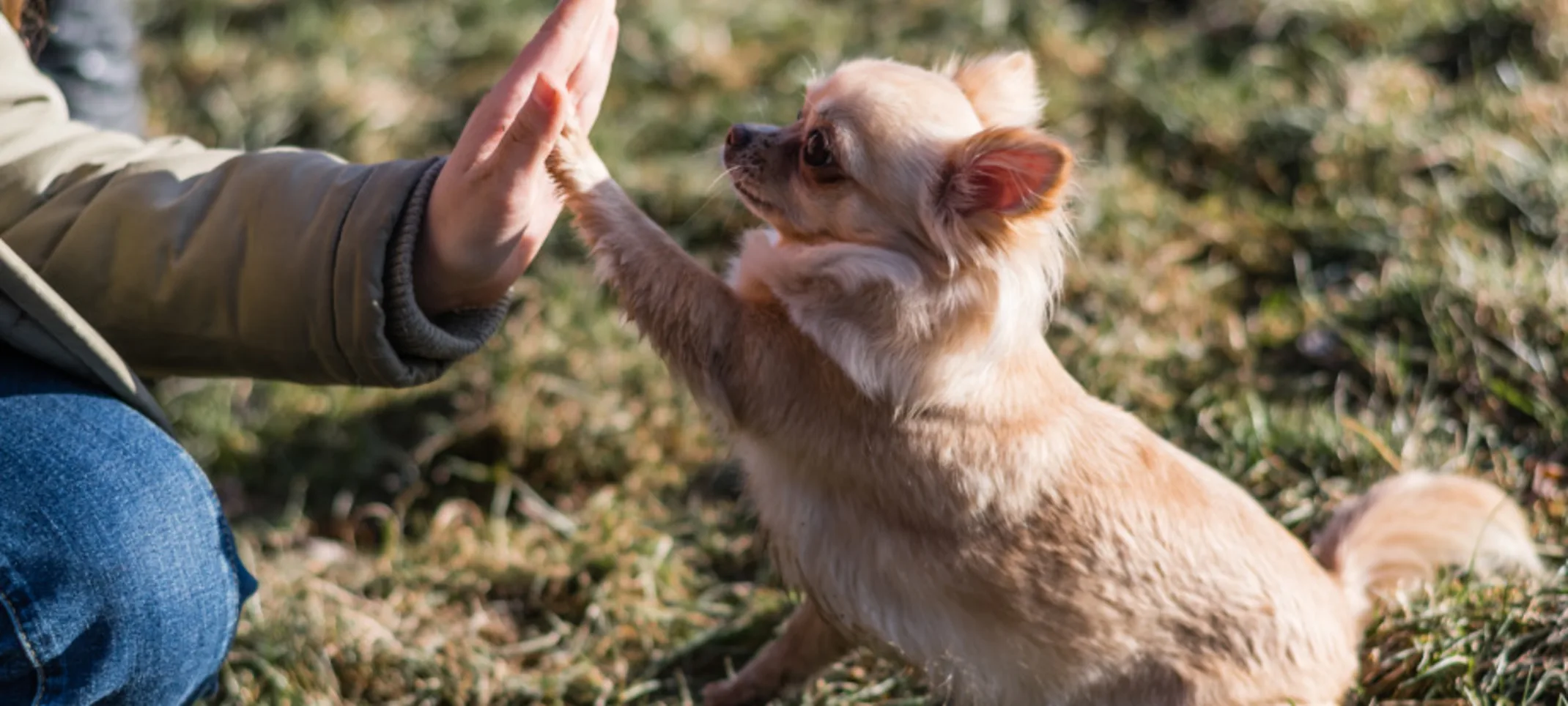Confederate Woods Veterinary Hospital
Puppy and Kitten Wellness
A puppy or kitten can be the perfect new addition to your family. One of the first things you should do after you bring your new pet home is to introduce him or her to us – your veterinary care team.

Puppies & Kittens
A puppy or kitten can be the perfect new addition to your family. One of the first things you should do after you bring your new pet home is to introduce him or her to us – your veterinary care team.
The Wellness Visit
Our puppy and kitten wellness visits offer a unique opportunity to get you and your new pet off on the right track. They include a full “nose-to-tail” physical examination – where we carefully look for any signs of illness, making sure your new pet is in good health. Our doctors will also ask many questions related to your pet’s care, such as their health history, their current diet, and your behavior observations. We also ask questions about your pet’s new environment. Next, our doctors will develop a preventative care plan based on your new pet’s relative risk of exposure to disease.
Please bring along your list of questions and concerns! Addressing your concerns early is the best way to get your new family member started on the road to a happy and healthy life
What Should I Bring to My First Visit?
Please bring along your new pet’s medical history. We will review your pet’s vaccine and deworming schedule, and discuss the best preventative care plan to ensure your pet’s lifelong health. It is also important to bring along a fresh stool sample to be tested for intestinal parasites.
At What Age Are Vaccines Administered?
On average, puppies and kittens begin their vaccinations at eight weeks of age. Each pet is different, so our doctors will discuss your pet’s unique vaccine plan, and the best plan for parasite testing, treatment, and prevention for your puppy or kitten. We encourage you to be involved in your puppy or kitten’s health care decisions.
Why Do Puppies and Kittens Require Multiple Vaccinations?
When a vaccine for a specific disease is given to your pet, their immune system produces substances called antibodies that work to protect them from becoming sick. Nursing puppies and kittens receive antibodies from their mother that help protects them from disease early in life.
Interestingly, these same antibodies, passed in the mother’s milk, can also prevent a vaccine from being effective. Since the presence of the mother’s antibodies gradually decreases as an animal gets older, the puppy or kitten must create new antibodies to help ward off disease. Giving your puppy or kitten a series of vaccines over a period of time is necessary to ensure they produce their own antibodies, ensuring their protection from illness.
When Can My Puppy or Kitten Be Spayed or Neutered?
After your puppy or kitten has completed their vaccination series and has turned six months old, they can be spayed or neutered. Our doctors and staff are highly skilled in performing veterinary surgeries, and our health care team will ensure your pet receives the very best care.
When we care for your new pet, we emphasize patient safety, pain management, and employing the most up-to-date surgical practices. Our trained and compassionate veterinary technicians monitor your pet before, during, and after surgery and will take exceptional care to ensure a safe and complete recovery for your pet.
Please let us know if you have any questions or concerns about surgery, including concerns about anesthesia, pain management, or post-operative care.

